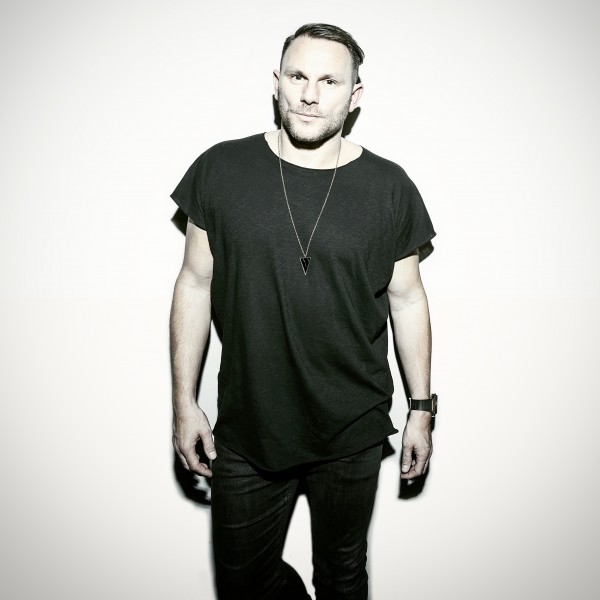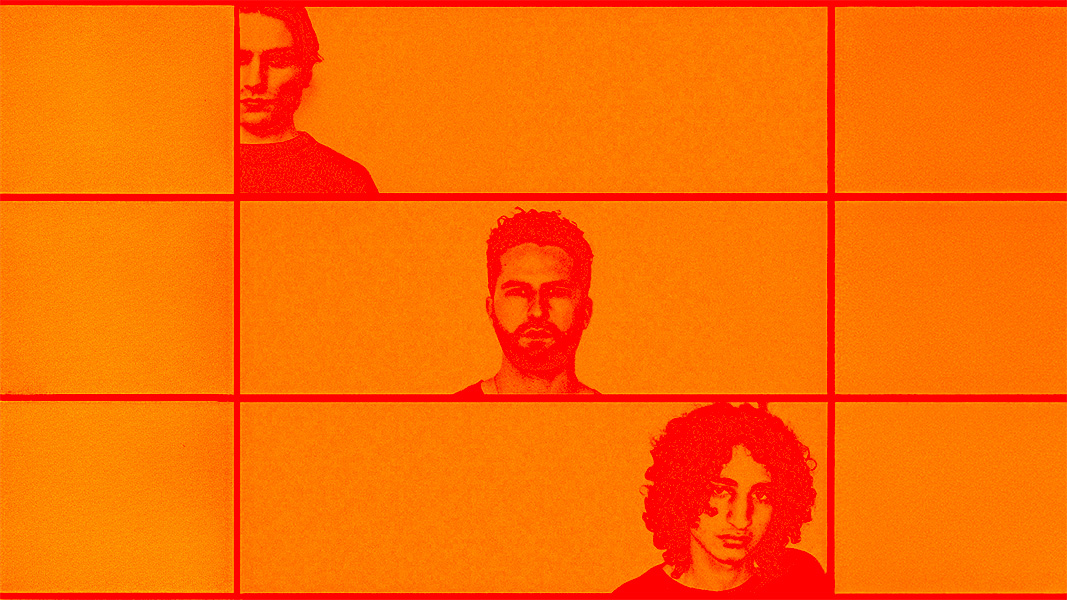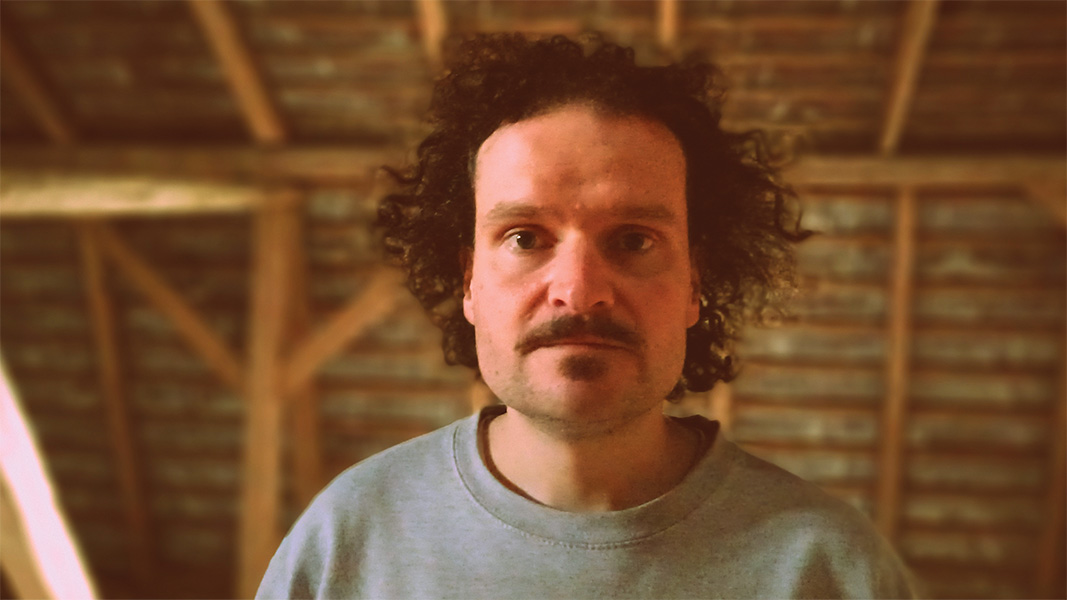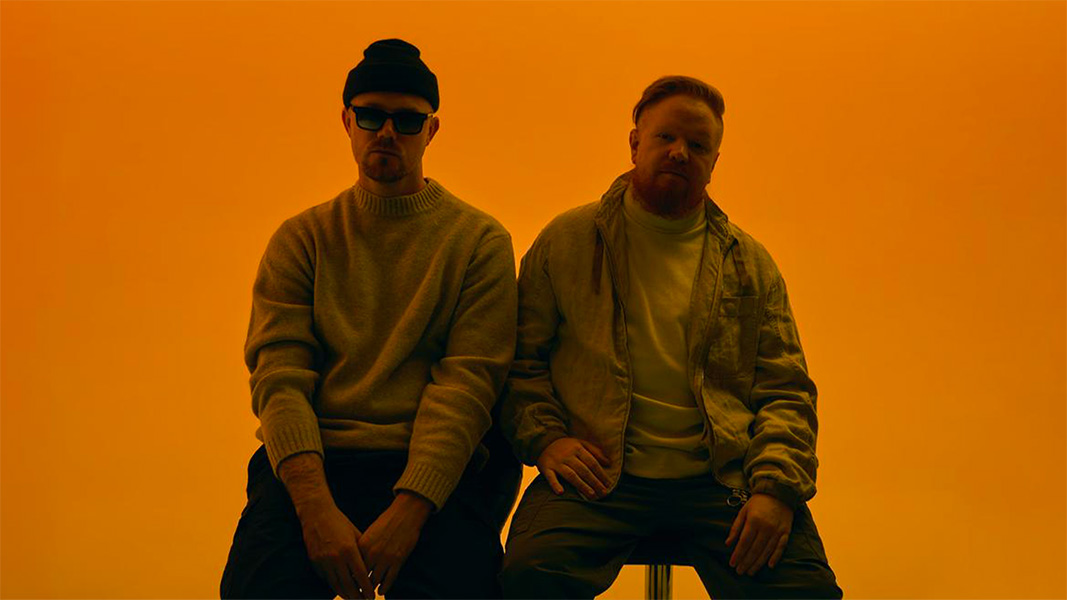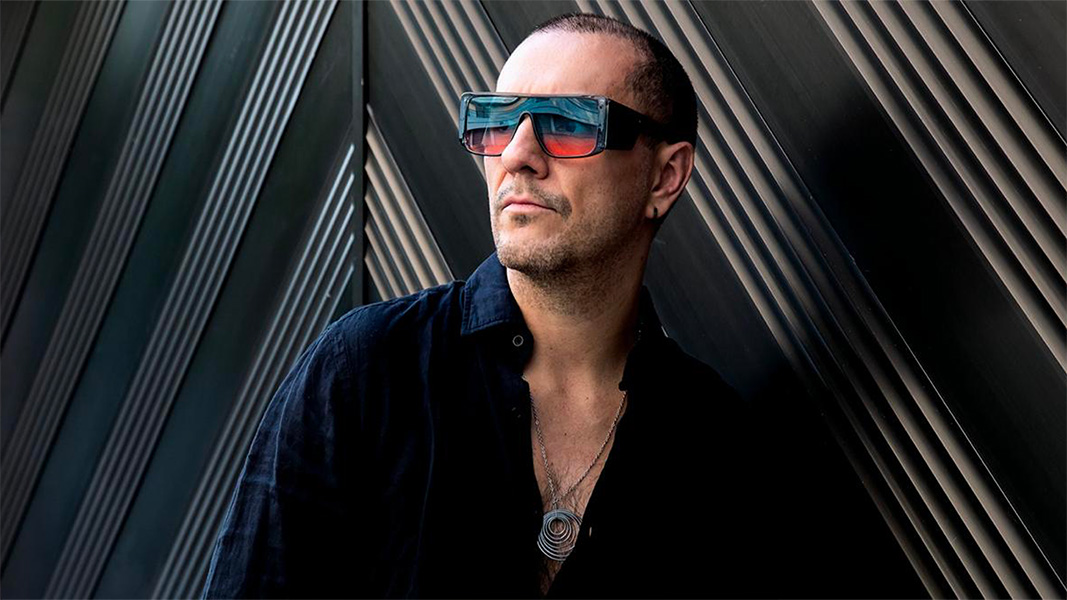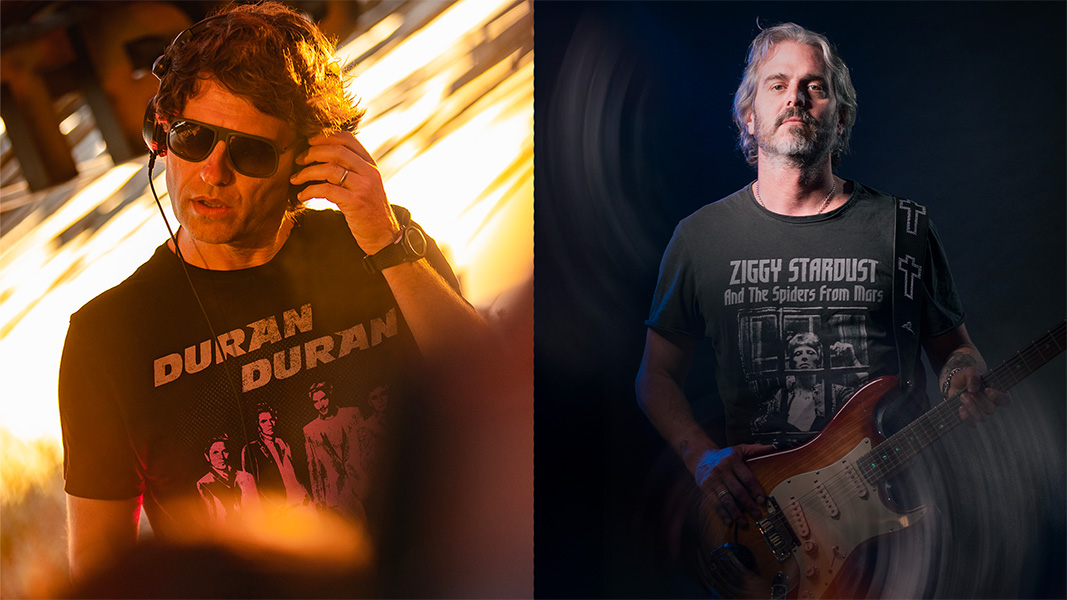We were lucky to get involved in deep discussion with Mark Knight over the last few days. The renowned UK-based dj and producer, as well as the boss of the burgeoning Toolroom imprint, no longer needs introduction.
In collaboration with several internationally recognised artists, Toolroom has produced a short documentary in which Knight discusses the art of extended dj sets, putting into light a sad reality. Promoters are regularly trying to fill their line-ups to the brim, which unfortunately compels the artists to significantly reduce their performance time. One of the direct consequences of this new reality is that the art of the extended dj set is unfortunately forgotten.
Hence the concept of his world tour of 15 dates: All Knight Long, during which the maestro takes the driver’s seat and brings the crowd on a journey from open to close. The veteran took a few moments from his busy schedule to answer some of our questions, sharing with our community of readers his vision of the extended dj set, as well as the physical and mental preparation behind them. Additionally, to accompany your reading, Knight has assembled a Spotify playlist that contains his top jams of the moments.
WWD: Where in the world are you right now? What’s been on the agenda today?
Just came back from a show in Toronto so spending a few hours with my family this afternoon, then pretty much straight back to the airport for another flight. No rest for the wicked!
WWD: All night long is 15 events in 15 different cities. If you run a marathon, you need to put in the physical training. What does the training/preparation look like for a music marathon like this?
Preparation and knowing your own records is key. When you’re playing for 6+ hours, you’ve got to make sure you’ve got your records properly sorted. If you’re anything like me you’ll be going through a shed load of music in that time, across multiple genres, so it’s no good just having one big folder of music. I tend to work out my extended sets in hour long slots, so you might have several folders prepared depending on what vibe you’re going for throughout the night.
And if you’re someone who’s still playing vinyl, make sure you’ve got a couple of people who can help you lug all that wax around!
WWD: With the likes of Tokyo, Amsterdam, New York and Chicago already done and dusted. What’s been the standout moment from the tour so far?
It’s difficult to pick out a specific party – the entire tour has been fantastic, and because I’m playing for such a long time at each of them, they’ve all been so different. I’ve been through a serious amount of records, and the crowds at every one of the parties has totally got what I’m trying to do, so I can’t ask for more than that.
WWD: The concept see you treading through an array of musical eras, tempos and genres. How do you assure a seamless blend throughout the night in such an eclectic selection?
Before I start a marathon set I tend to look at it in hour sections: so you obviously don’t plan record by record, but you might have an idea of the kind of things you’ll play in the first hour, second hour etc. But you also have to be able to think on your feet. After a couple of hours the vibe might be that you have to go harder, or deeper than you thought, so having knowledge about your records and confidence that you can take people where you both want to go is essential.
WWD: You mention, that one aspect of Djing is to a tell story, based on that, are you putting a lot time into the preparation of your story, or do you improvise? Do you ever let the crowd lead you?
Absolutely. Preparation is definitely important, but you also need to be able to read the crowd and decide if the time is right to drop that obscure edit you’ve be dying to play, or whether you need to drop something a little more well-known to pick up the energy on the dancefloor. Knowing when do play certain records is something that can only really come with experience, which is why I think the slightly older DJs are more accomplished at the longer sets. Once you’ve been DJing regularly for a number of years it becomes a bit of a sixth sense.
WWD: You said that DJs like Master At Work had to ability to engage people with their music, and that we need more DJs to do the same. What are the reasons explaining the lost of this art?
The way that a lot of clubs and especially festivals as set up these days, the more names you have on there the better. Everyone seems to be trying to outdo themselves with the sheer volume of names they can cram onto a line-up, and while that can be an amazing experience and definitely has its place, I think that to be able to properly engage people and take people on a ride, you need more than an hour or two behind the decks. I’ve had utterly transformative experiences listening to DJs like Danny Tenaglia and MAW play for hours and hours: sets I will never, ever forget. It’s something I’d like to see more of, and I just hope we don’t lose sight of the nuances of the extended set in favour of simply hitting people with as many big names as possible.
WWD: If Rupert turns around one day and says “Dad, I want to be a DJ”. What would be the ultimate bit of wisdom that you would share with him?
I’d say it’s the same advice I’d give him for anything you wanted to do: if you’re going to do something, put everything into it and believe in yourself. There’s no point in doing something unless you’re going to fully commit. It’s a super competitive industry with a lot of talented people, so it can be tough going. But if you’re passionate and work hard, anything’s possible.
Catch Mark Knight at Gorilla, Manchester 07 July 2017 Tickets and infos here

